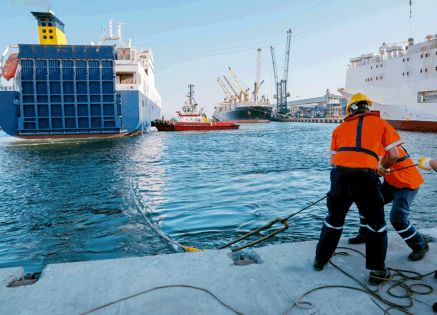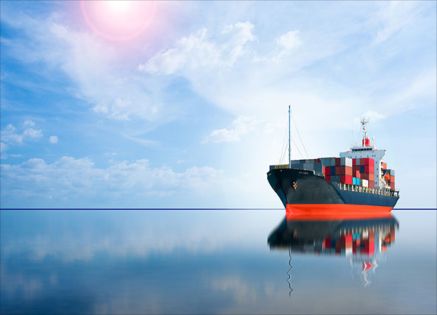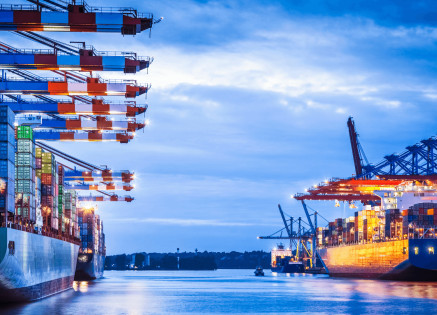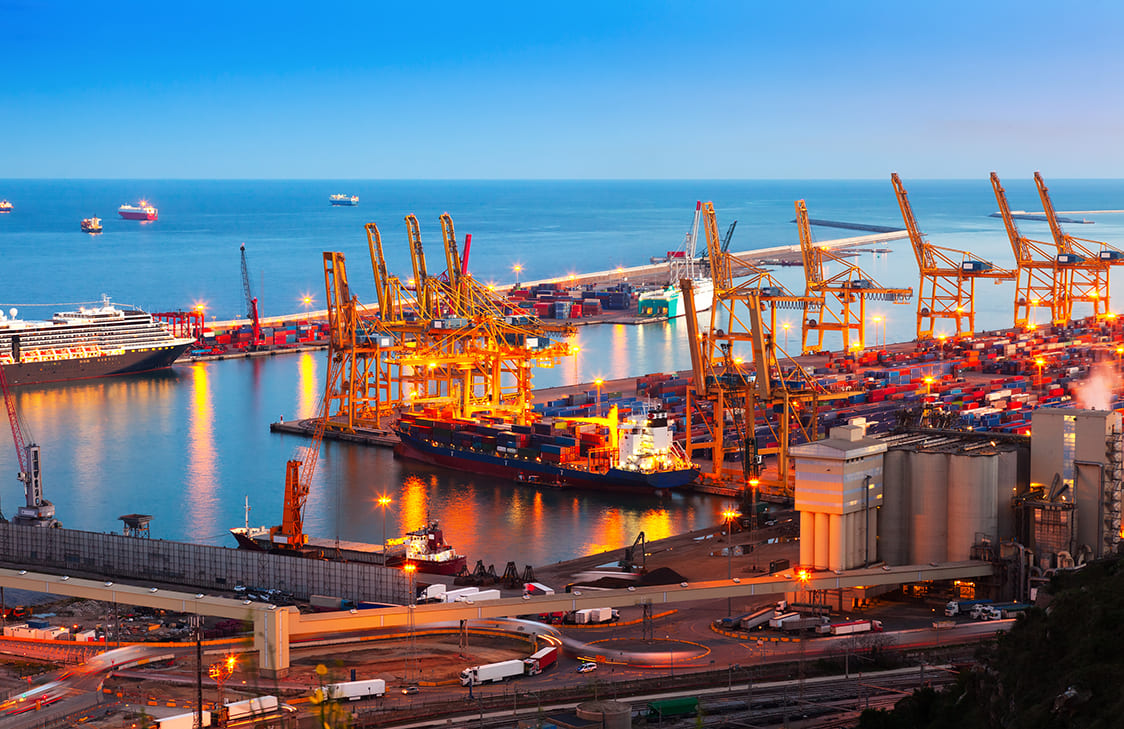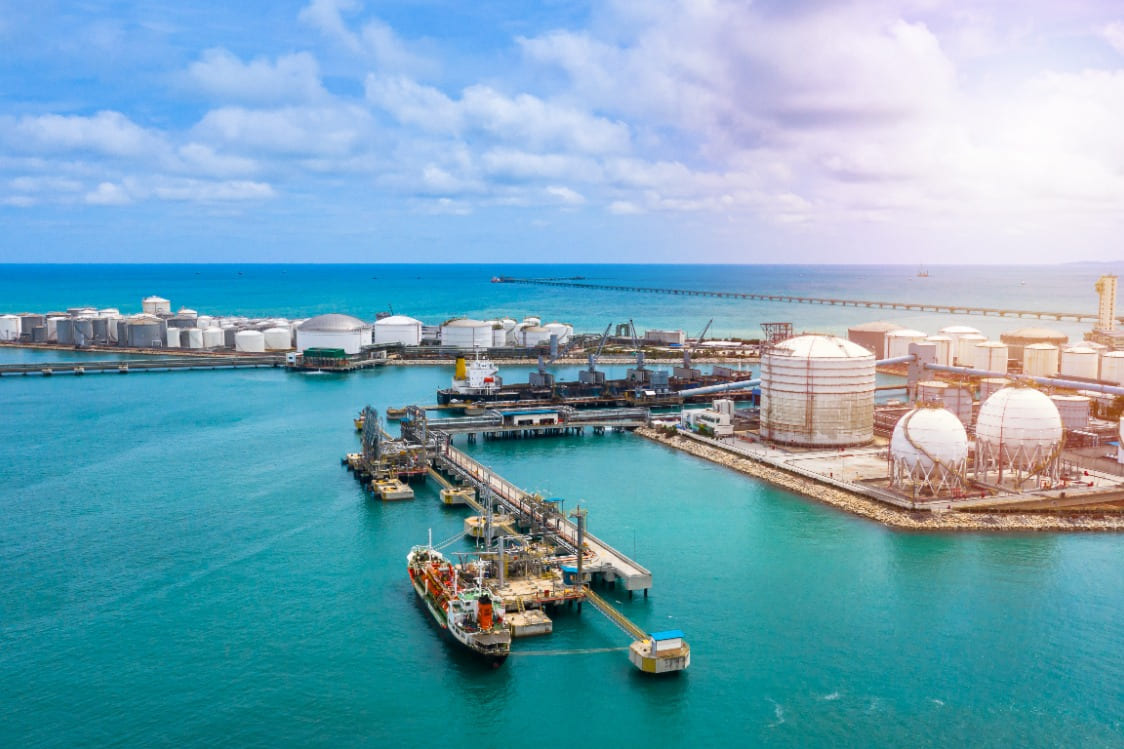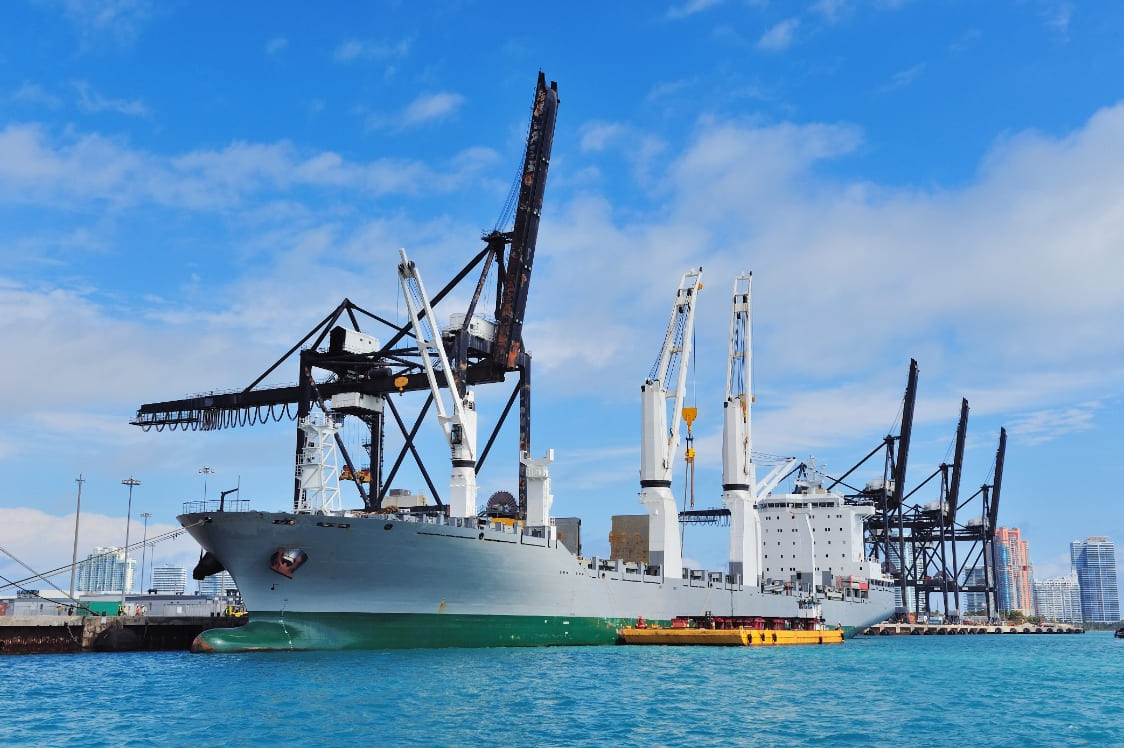Understanding Ship Chandling: The Supply Chain Behind the Ship

Posted on : 4/7/2025, 8:38:00 PM
When a ship docks in port, there's no time to waste. It needs everything from fuel and food to spare parts and safety gear—fast. That’s where ship chandling comes in. Behind every smooth voyage, there’s a team of professionals making sure vessels are stocked, prepped, and ready to go.
But what exactly is ship chandling, and why does it matter to people working remotely, especially those involved in maritime, logistics, or supply roles from the UK? Let's break it down.
What Is Ship Chandling?
Think of ship chandling as the Amazon Prime services of the marine world. It’s a specialized service that offers to deliver a wide range of essential supplies, often in a tight window, to ships docked at ports ready to sail to their destination. A ship chandler might be offering all types of contemporary items from fresh food, deck gear, navigational tools, bonded stores, lubricants, or frozen commodities. These aren’t just nice-to-haves; they’re the stuff that keeps the ship safe, compliant, and running smoothly.
Chandlers work in fast-paced, high-pressure industry operations. They’ve got to be incredibly knowledgeable, quick on their feet, and trusted by companies who can’t afford delays. One missed item can cause plenty of complex shortcomings and derail an entire schedule.
The Supply Chain That Keeps Ships Moving
The supply chain behind ship chandling is a beast. It starts with procurement—sourcing all the items a vessel might need. Then comes storage, packaging, cargo handling, customs clearance, and finally, delivery to the ship while it's in port. All within a short timeframe.
A company doing this well isn’t just a supplier, it’s a logistics partner. Whether it’s fuel, engine spares, or a box of fresh tomatoes, each piece has to be tracked, verified, and delivered with no mistakes.
Ports like Houston, Mumbai, and Dubai are major hubs for this. Local suppliers, sometimes called shipchandlers; are critical in providing region-specific products fast. Some specialize in bonded goods, others in technical equipment or marine materials. It’s an ecosystem that runs on precision.
One global name in this space is Wrist, a leading dealer with decades of experience in chandling across major ports. Others like Minar Enterprises, Harish Gondalia & Associates, and Sembawang are established names in the field, offering everything from retail stores to full-service offshore support.
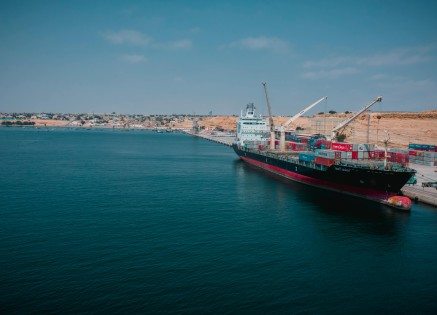
What It Takes to Keep Up
Running a smooth chandlery operation means managing multiple moving parts—literally. You’ve got customs forms, quality checks, nautical regulations, and constantly shifting schedules. That’s why experienced teams matter.
They’re not just dealing with stores, they’re ensuring quality and safety standards, coordinating with departments, and often dealing with urgent changes. A ship can’t just pop into a Tesco if something’s missing. Every requirement has to be planned and executed before the vessel leaves port.
If you’re in a logistics or procurement role, especially as a worker in UAE, knowing how this process works can give you a serious edge. It makes it easier to communicate with global partners, troubleshoot problems, and cut down on delays.
Real-World Impact: Why This Matters
Let’s say a vessel is headed for Saudi with only a 12-hour docking window. The chandler must be on it, supplying, passing customs, and getting everything onboard, from beverages to spare parts, before the ship sails. It’s intense.
That’s why people in the business are turning to smarter operating systems for shipchandling. Tech helps: digital tracking, inventory tools, and streamlined communication platforms are becoming the norm. Still, nothing beats real expert oversight.
Training matters, too. Understanding global regulations, supply networks, and customs rules isn’t just for on-ground staff. Many professionals are enrolling in shipping training courses in Dubai to stay competitive and up to speed with all the national requirements.
Evolving with the Times
Modern ship chandling has shifted from old-school paperwork to real-time reliable dashboards, which has its complete set of pros and cons. Still, the core remains the same: offering ships exactly what they need, when they need it. Companies like Limani, Quora, and India Pvt Ltd have helped set new standards by focusing on innovative approaches to this age-old challenge.
From sea to store, the process has become more comprehensive, not to mention more international. It's not just big-name companies either. Local suppliers, independent chandlers, and bonded store dealers are all critical links in the chain.
Final Thought
So, what’s the takeaway for someone working in the UAE? It’s this: Ship chandling might happen far from your desk, but it directly impacts timelines, cost efficiency, and operational success. If you're involved in maritime ops, it pays to understand this global supply network.
Because no matter how high-tech things get, at the end of the day, ships still need to eat, refuel, and re-stock. And someone’s gotta make sure that provision gets there on time, every time.
